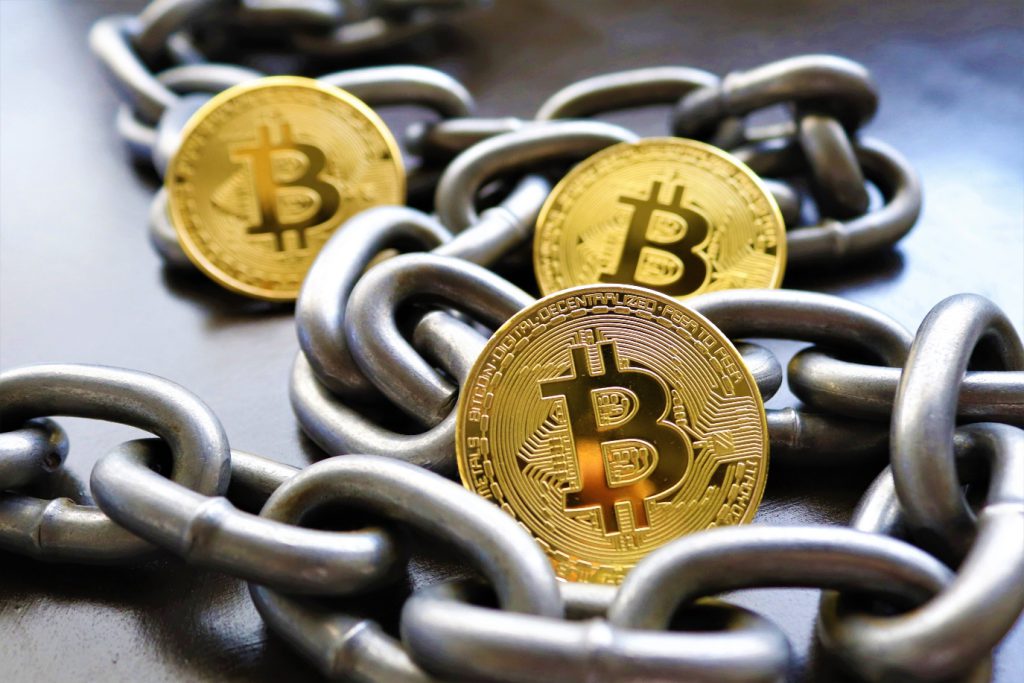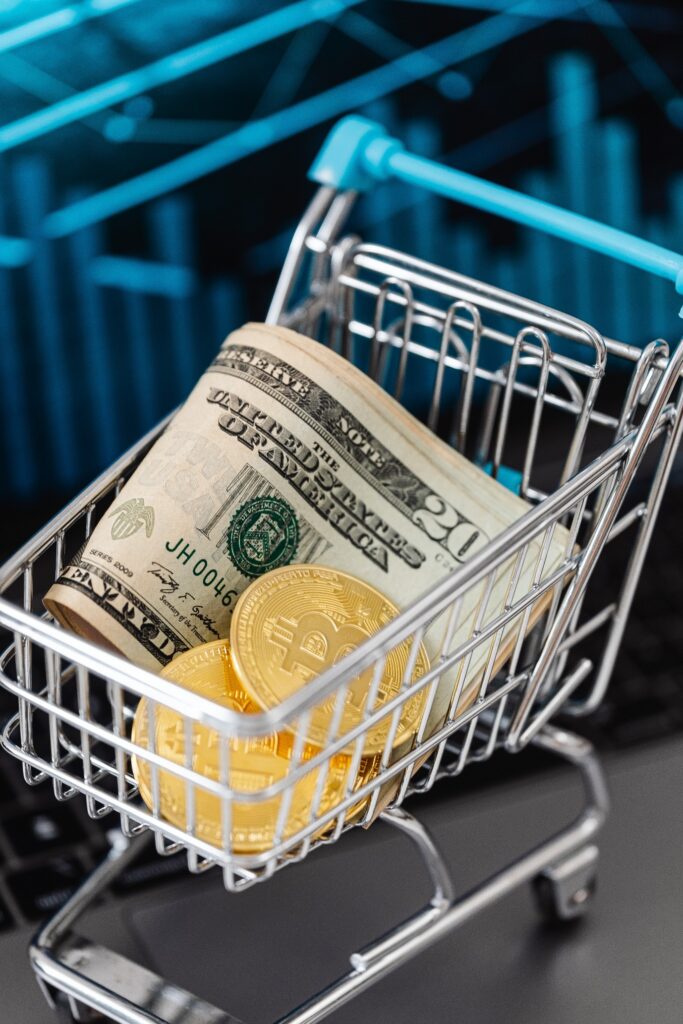Imagine this: You wake up one morning, ready to check your crypto investments. But something is wrong. You can’t access your account. Panic sets in as you realize your funds are gone, all because of a weak password. Password security is super important in the crypto world. It’s the first line of defense against hackers. By using strong passwords, you keep your hard-earned digital assets safe and sound.
The Alarming Reality of Weak Crypto Passwords
Many people still make simple mistakes with their crypto passwords. This puts their digital money at big risk. Let’s explore the dangers.
Common Password Mistakes Crypto Users Make
Creating “123456” or “password” isn’t smart, yet it is done too often. Reusing passwords across different sites is another big no-no. Also, avoid patterns like “qwerty” or including your birthday in your password. These simple mistakes make it easy for hackers to break into your accounts.
Statistics on Hacked Crypto Accounts Due to Weak Passwords
A recent study showed that many crypto losses are due to weak passwords. Millions of dollars worth of crypto is stolen each year because people don’t take password security seriously. Using strong passwords can keep you off this list. You do not want to be the next victim.
The False Sense of Security
Many believe that using two-factor authentication (2FA) is enough, yet this is wrong. 2FA adds an extra layer of security, but it doesn’t replace a strong password. Hackers can still bypass 2FA if your password is weak. So, make sure to combine 2FA with a super secure password.
Building a Crypto Password Fortress: The Essentials
Ready to create a password that’s tough to crack? These basics will get you started!
Length Matters: Why Longer Passwords Are Better
Longer passwords are way harder to crack. Each character you add makes it much more difficult for hackers. A password with 12 characters is much stronger than one with only 8. Think of it like this: each extra digit on a combination lock drastically increases its security.
Embrace Complexity: Combining Character Types
Mix things up! Use uppercase and lowercase letters. Add numbers and symbols too. A password like “P@$$wOrd123” is better than “password”. Variety makes it tougher for hackers to guess.
Randomness is Key: Avoiding Dictionary Words and Personal Information
Do not use words you find in the dictionary. Also, avoid personal info like your birthday, pet’s name, or address. Hackers can easily find this stuff. A random string of characters is always the best choice.
Advanced Password Strategies for Crypto Security
Now, let’s get serious. It’s time to move beyond the simple stuff.
The Power of Passphrases: Creating Memorable, Secure Passwords
A passphrase is like a super-long password. It’s easy to remember, but hard to crack. For example, “I love crypto and pizza” is a good passphrase. It’s long, random, and uses common words in an unusual way.
Password Managers: Your Crypto Security Ally
Password managers create and store strong passwords for you. They fill in your passwords automatically, so you don’t have to remember them. Popular options include 1Password, LastPass, and Bitwarden. These tools keep your passwords safe and organized.
Multi-Factor Authentication (MFA): Layering Security
MFA adds extra layers of security to your accounts. It needs more than just your password to log in. Often, this is a code sent to your phone. Even if a hacker has your password, they still can’t get in without that code.
Beyond the Password: Holistic Crypto Security Practices
Passwords are only part of the story. A good security plan covers all bases.
Beware of Phishing: Recognizing and Avoiding Scams
Phishing scams trick you into giving up your password. Hackers send fake emails or messages that look real. They might pretend to be a crypto exchange or wallet provider. Always double-check the sender’s address and never click suspicious links.
Secure Your Devices: Protecting Against Malware and Keyloggers
Malware and keyloggers steal your passwords and other info. Use antivirus software to scan your devices regularly. Also, avoid downloading files from unknown sources. Keep your software up to date to patch security holes.
Hardware Wallets: Cold Storage for Ultimate Security
Hardware wallets store your crypto offline. This means they are not connected to the internet and can’t be hacked. They are like a safe for your digital assets. Consider using a hardware wallet for long-term storage.
Testing and Maintaining Your Crypto Password Security
Security isn’t “set it and forget it.” Regular checks are key.
Regularly Update Your Passwords: A Proactive Approach
Change your passwords regularly, especially for critical accounts. Every 3-6 months is a good rule of thumb. This reduces the risk if a password gets compromised. Set a reminder to update them!
Password Audits: Identifying and Fixing Weaknesses
Check your passwords to find weaknesses. Some password managers have tools to check password strength. If you find a weak password, change it right away. You can test your password here.
Stay Informed: Keeping Up with the Latest Security Threats
New security threats appear all the time. Keep up with the latest news and best practices. Follow security experts on social media. Read articles and blogs about crypto security. By staying informed, you can protect yourself from new attacks.
Conclusion
Securing your crypto with strong passwords matters now more than ever. Length, complexity, and randomness are essential. Use password managers and MFA to add even more protection. And don’t forget holistic security practices like avoiding phishing scams and securing your devices. It’s time to take action! Update your passwords today and make your crypto accounts more secure.








Facebook Comments